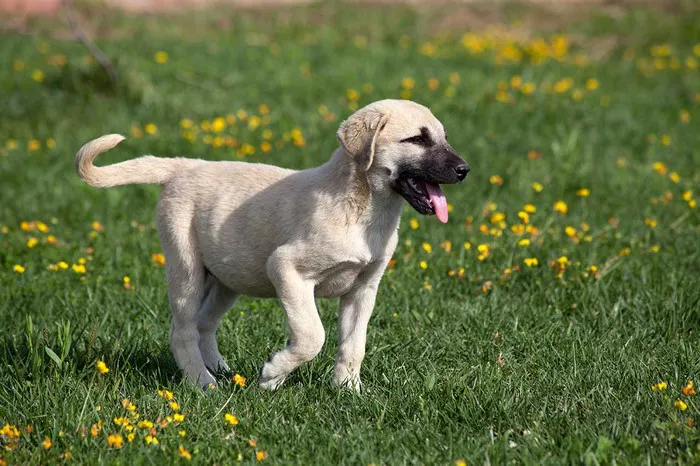At Duke University’s Puppy Kindergarten, researchers are uncovering critical stages in puppy development that could transform the way we train our canine companions. The innovative program, inspired by developmental psychology techniques used with human children, is designed to enhance our understanding of when and how puppies acquire essential cognitive skills.
A Unique Approach to Puppy Training
Located in North Carolina, Duke’s Puppy Kindergarten is not your average dog training facility. Here, puppies engage in a curriculum modeled after studies of human cognitive development, aimed at pinpointing when key abilities emerge in young dogs. Researchers Brian Hare and Vanessa Woods, who have partnered with Canine Companions for a decade, have crafted a detailed roadmap to track these developmental milestones. Their work not only benefits potential service dogs but also provides valuable insights for everyday pet owners.
Understanding Puppy Developmental Stages
Duke’s researchers have meticulously tracked the cognitive growth of 101 Labrador and Labrador-Golden Retriever puppies, testing them bi-weekly from eight to 20 weeks of age. This study also includes data from 221 additional puppies and 37 wolf puppies for comparative purposes.
The findings reveal a general timeline for the emergence of key cognitive skills:
Memory Formation (8 Weeks): Puppies begin developing memory at around eight weeks. They can recall where treats are hidden, even after distractions. This milestone is crucial for understanding that young puppies are not being disobedient but are simply incapable of remembering commands or expectations before this stage.
Self-Control (10 Weeks): By ten weeks, puppies start demonstrating self-control. Researchers tested this by training puppies to navigate around an opaque cylinder to access a treat. When the cylinder became transparent, puppies had to resist the visible treat and navigate to the open end. This ability to delay gratification is essential for addressing behaviors like overnight barking. Puppies younger than 13 weeks may bark out of necessity rather than manipulation.
Understanding Human Gestures (10 Weeks): Puppies begin to interpret human gestures, facial expressions, and vocal cues around eight weeks, improving their ability to locate hidden treats based on these signals. By ten weeks, they master basic human communication gestures, highlighting their early-developed social skills.
Seeking Human Assistance (13 Weeks): At 13 weeks, puppies start using social problem-solving techniques, such as seeking human help when faced with unsolvable problems. This behavior underscores the bond between dogs and humans, as eye contact with humans increases during these problem-solving tasks.
Physical World Comprehension (13 Weeks): Puppies at this age understand concepts like object permanence (e.g., a bowl hidden under a towel) and the implications of being on a leash. This knowledge is crucial for effective training and behavioral management.
Adaptability to Changing Rules (14 Weeks): By 14 weeks, puppies can adapt to changing rules and solve complex, multi-step problems. This adaptability is demonstrated when they adjust their approach to previously successful solutions that are no longer effective.
Implications for Training and Care
The research at Duke’s Puppy Kindergarten provides a valuable framework for understanding canine cognitive development. By aligning training practices with these developmental milestones, owners and trainers can better support their puppies’ growth and enhance their training effectiveness.
As Duke continues to explore these developmental stages with new classes of puppies, their findings promise to enrich the lives of both dogs and their human companions, paving the way for more effective and compassionate training practices.
Related topics:
MUSC Therapy Dog Joins College of Charleston Women’s Soccer Team
Top 10 Dog Breeds for Farming and Livestock Protection
Update: Rescued Dogs Ready for Adoption


